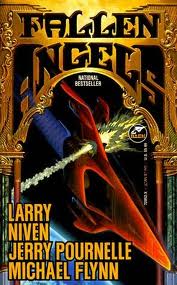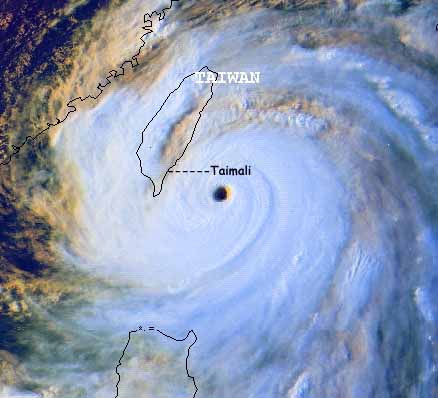
Do you want RMB to appreciate? Whatever Timothy Geithner said about its effects on the US economy, would that be good for you?
(One of my pet peeves is how westerners brutalized the Chinese currency. They say Yu-An, in two syllables, and that’s just wrong. There is no equivalent sound in English, let’s please just call it RMB.)
The US government owes China, in fact a huge sum. RMB appreciation erases part of the debts. That’s good, since we can use the money. Government would either spend less or more on servicing the citizens, instead of those debts.
But you want your unemployment benefits, Obama-care, social security checks, tax cuts, good schools, and also that bridge to nowhere built. Right? To pay for these, government borrows in big part from China. If China lends to the US less, you will either get even less from the government or pay more taxes (or both, but that’s too depressing).
When RMB goes up, China’s industries become weaker and the US ones stronger and more competitive. That means you make more money, or simply get to keep your job.
But your employer relies on China to hold its costs down. If RMB goes up, so would your company’s costs. It would have to make less money, or raise the prices. Either way, it becomes less competitive. You will suffer with your employer, by getting less pay or losing your job.
If your employer is 100% American, then it won’t suffer. But you shop at Walmart, Target, and Costco. Don’t you? China goods save you hundreds of dollars every month. If RMB appreciates, everything become more expensive.
Every pros meets a con. You cannot be bother with this complexity. Let’s trust the government to figure all these out. OK, you do just that. For me, I bought a hundred dollar’s worth of RMB on this trip to Beijing. It would probably make $10?











